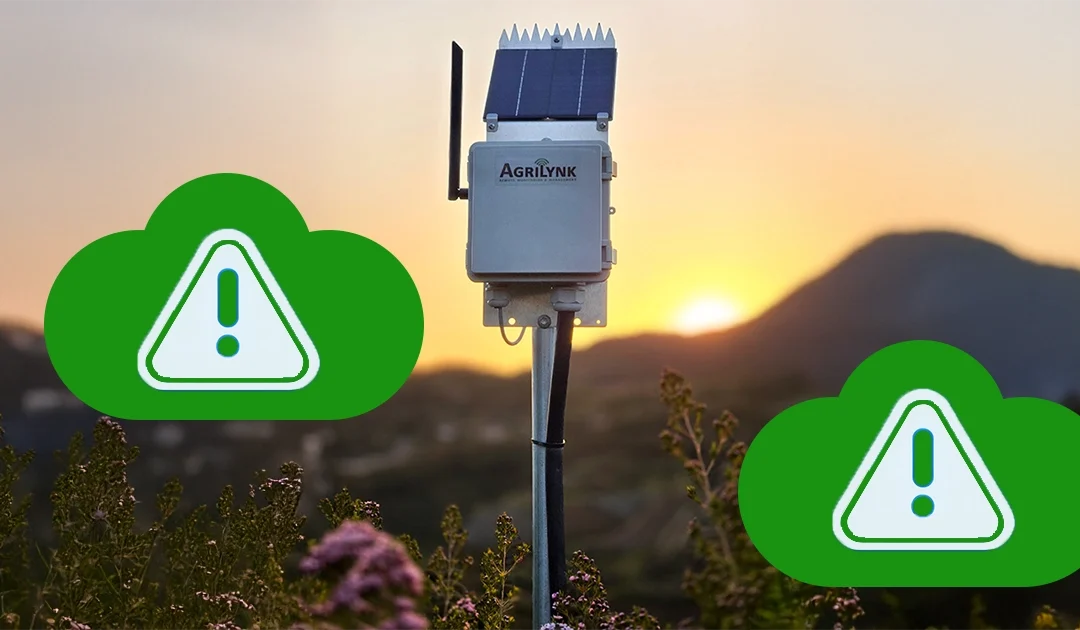In modern agriculture, efficient water management is crucial. Implementing precision irrigation alerts can significantly optimize water usage, reduce costs, and improve crop yields. These systems provide real-time data, enabling farmers to make informed decisions about when and how much to irrigate.
The Importance of Precision Irrigation
Traditional irrigation methods often lead to water wastage and uneven crop growth. By utilizing precision irrigation techniques, farmers can apply water more accurately, ensuring that each plant receives the optimal amount. This approach not only conserves water but also enhances crop quality and yield. According to a study published in Agricultural Water Management, smart irrigation systems can improve water efficiency and reduce environmental impact.
How Precision Irrigation Alerts Work
Precision irrigation alert systems integrate sensors and data analytics to monitor soil moisture levels, weather conditions, and crop requirements. When the system detects that soil moisture has dropped below a certain threshold, it sends an alert to the farmer, prompting timely irrigation. This proactive approach helps prevent both overwatering and underwatering.
Benefits of Implementing Precision Irrigation Alerts
-
Water Conservation: By irrigating only when necessary, farmers can significantly reduce water usage.
-
Cost Savings: Efficient water use translates to lower utility bills and reduced labor costs.
-
Improved Crop Yields: Consistent and adequate watering leads to healthier crops and higher yields.
-
Environmental Sustainability: Reducing water wastage contributes to the conservation of vital water resources.
Integrating Technology for Better Results
Combining precision irrigation alerts with other technologies can further enhance farm efficiency. For instance, integrating soil moisture sensors with weather forecasting tools allows for more accurate irrigation scheduling. The U.S. Geological Survey provides valuable data on soil moisture that can be utilized for this purpose.
Real-World Applications
Farmers worldwide are adopting precision irrigation systems to address water scarcity and improve productivity. For example, a vineyard in Spain implemented an IoT-based irrigation system and reduced its water usage by 45% while maintaining the same level of crop productivity.
Conclusion
Implementing precision irrigation alerts is a strategic move towards sustainable and efficient farming. By leveraging real-time data and technology, farmers can optimize water usage, reduce costs, and enhance crop yields. Embracing these advanced systems is not just beneficial for individual farms but also contributes to global efforts in conserving vital water resources.








